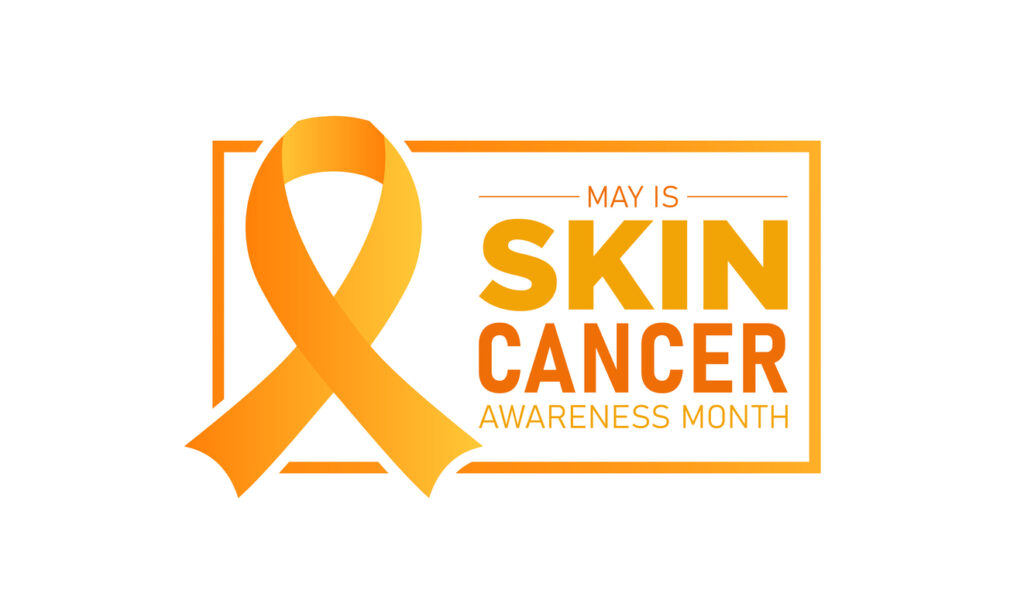Castle Biosciences, Inc.’s DecisionDx-SCC test can improve prediction accuracy of metastatic events after Mohs surgery in patients with high-risk cutaneous squamous cell carcinoma (SCC) tumors on the head and neck, according to a study presented at the 56th American College of Mohs Surgery (ACMS) Annual Meeting in Phoenix, AZ.
DecisionDx-SCC is a 40-gene expression profile test that uses an individual patient’s tumor biology to predict individual risk of cutaneous squamous cell carcinoma metastasis for patients with one or more risk factors. The test result, in which patients are stratified into a Class 1 (low), Class 2A (higher), or Class 2B (highest) risk category, predicts individual metastatic risk to inform risk-appropriate management.
This study included 417 patients who received definitive Mohs surgery to remove high-risk SCC tumors of the head and neck with reported clear margins. DecisionDx-SCC testing of the tumor tissue before removal significantly increased the prediction accuracy of metastatic events, when used alone and when combined with National Comprehensive Cancer Network (NCCN) guidelines, Brigham and Women’s Hospital (BWH) staging or American Joint Committee on Cancer Staging Manual, 8th Edition (AJCC8) staging, to better guide risk-aligned patient care decisions regarding metastatic surveillance or the use of adjuvant treatments like radiation.
“Mohs surgery is commonly used to remove high-risk SCC tumors located on a patient’s head or neck and is the best method to ensure complete removal of the tumor,” says Sherrif Ibrahim, MD, PhD, lead study author and Mohs micrographic surgeon and dermatologist at Rochester Dermatologic Surgery in Victor, NY, in a news release. “In most cases, once a tumor is removed completely, the patient is in the clear. However, aggressive SCC tumors may still return in the same location from which they were removed or worse, spread to other parts of the body, posing a very serious health risk to patients. The data being presented at ACMS show the power of DecisionDx-SCC to identify these high-risk patients, enabling more risk-appropriate surveillance or adjuvant treatments to help reduce the patient’s risk of these events occurring.”


